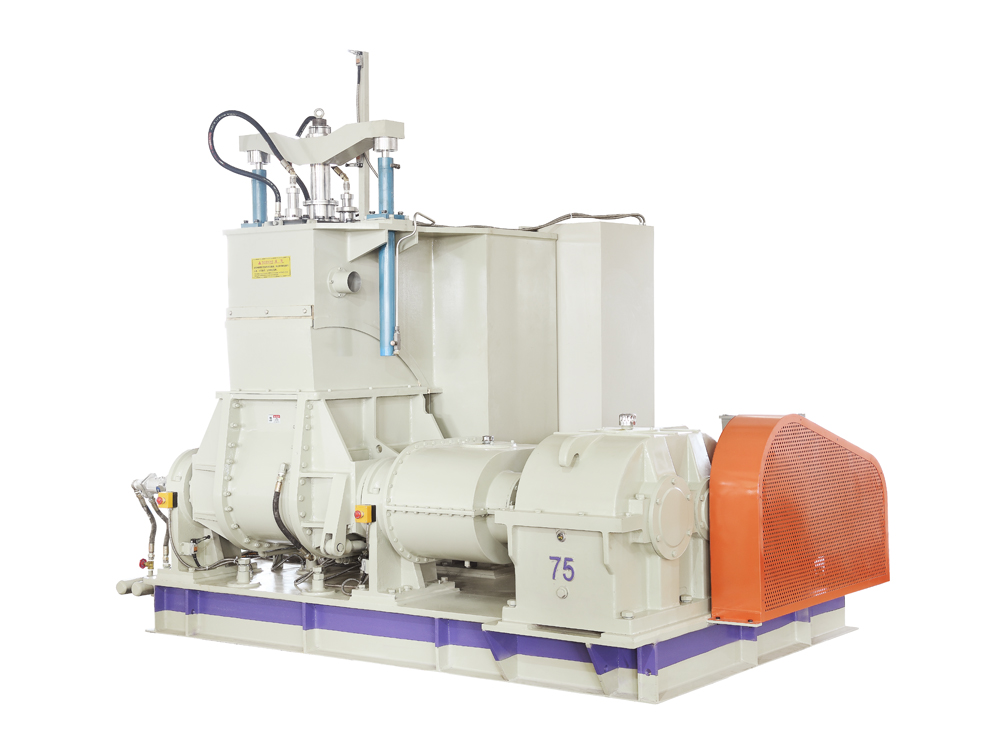What rubber is suitable for manufacturing tires?
Suitable rubber selection for tire manufacturing
The importance of tires, as the only component of a car that comes into contact with the ground, is self-evident. In order to ensure the stability, wear resistance, and safety of tires under various road and climate conditions, selecting appropriate rubber materials is crucial. So, among the many types of rubber, which one is most suitable for manufacturing tires?
Comparison between natural rubber and synthetic rubber
Firstly, we need to understand two main types of rubber: natural rubber and synthetic rubber.
Natural rubber is extracted from rubber trees, and its molecular structure gives it excellent elasticity, strength, and wear resistance. In addition, natural rubber generates less heat under dynamic loads and has superior bending and flexibility, making it the preferred choice for tire manufacturing.
Synthetic rubber, such as styrene butadiene rubber and polybutadiene rubber, is synthesized through chemical methods. They even surpass natural rubber in certain performance aspects, such as wear resistance and high temperature resistance. Moreover, the price of synthetic rubber is relatively stable, unlike natural rubber, which is influenced by geographical location and climate.
Why is natural rubber still the first choice
Although synthetic rubber has advantages in certain aspects, the comprehensive properties of natural rubber still make it the preferred choice for tire manufacturing. The combination of elasticity, strength, and wear resistance of natural rubber is unmatched by synthetic rubber. In addition, when the tires are driving at high speeds or rubbing against the road surface, natural rubber can better disperse heat, reduce the temperature of the tires, and thus reduce the risk of wear and tire blowout.
Future outlook
With the advancement of technology, the performance of synthetic rubber will further improve, and it is possible to approach or even surpass the performance of natural rubber. Meanwhile, considering environmental protection and sustainability, future tire manufacturing may be more inclined to use bio based synthetic rubber, which can reduce the burden on the environment.
But at least for now, natural rubber is still the preferred material for manufacturing high-quality tires due to its unique physical and chemical properties. For consumers who pursue performance and safety, choosing tires made of natural rubber is undoubtedly a wise choice.
Recommended essential equipment for tire manufacturing factories:






